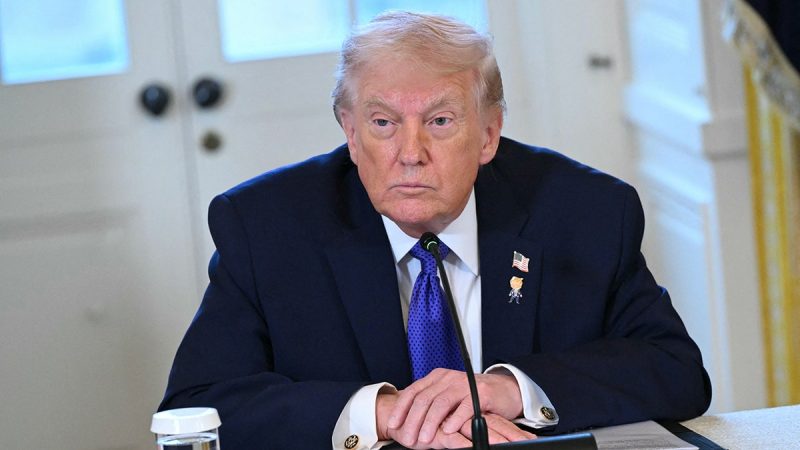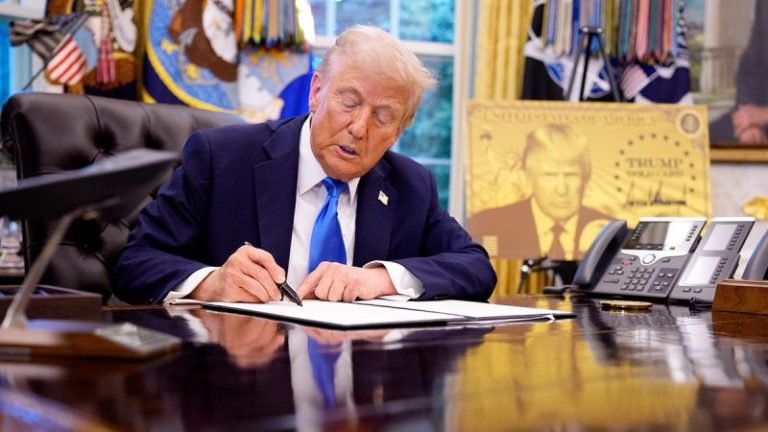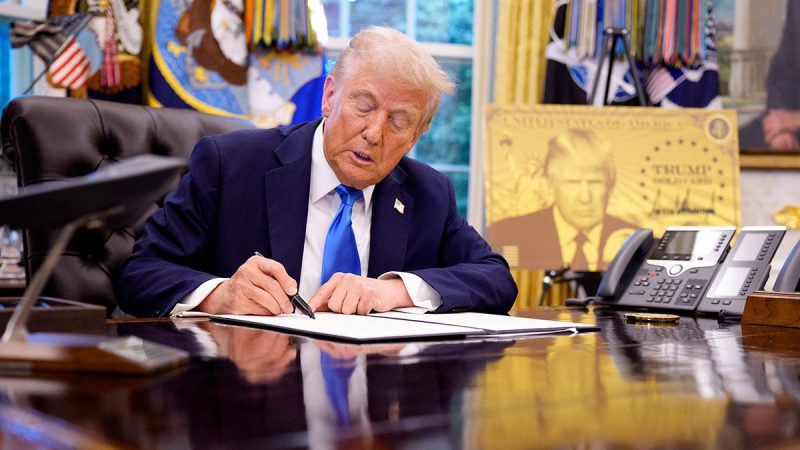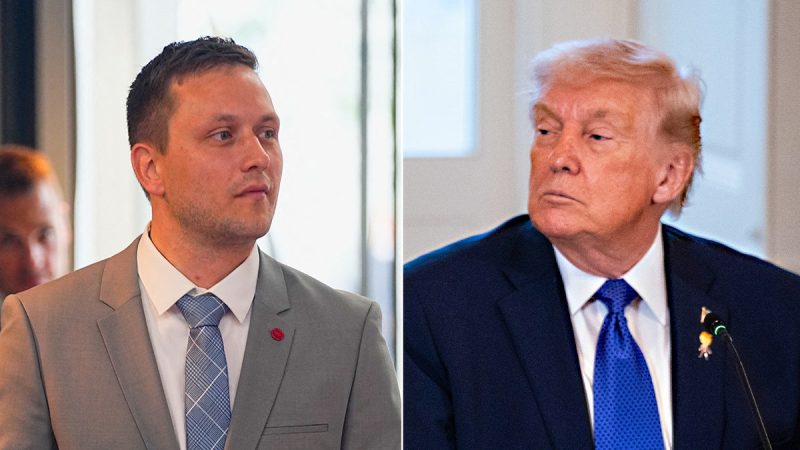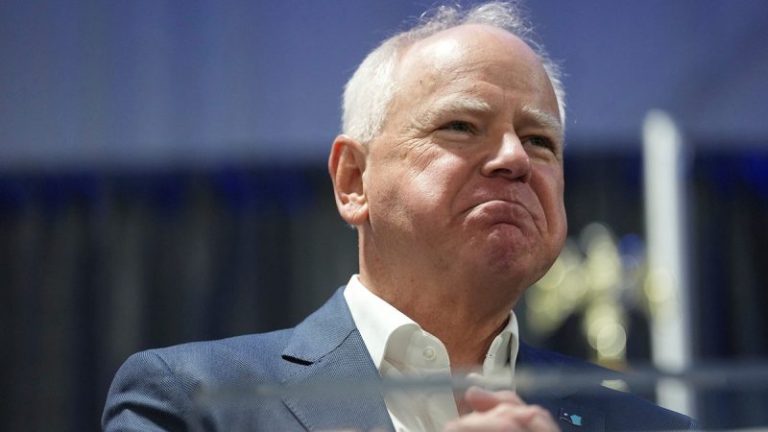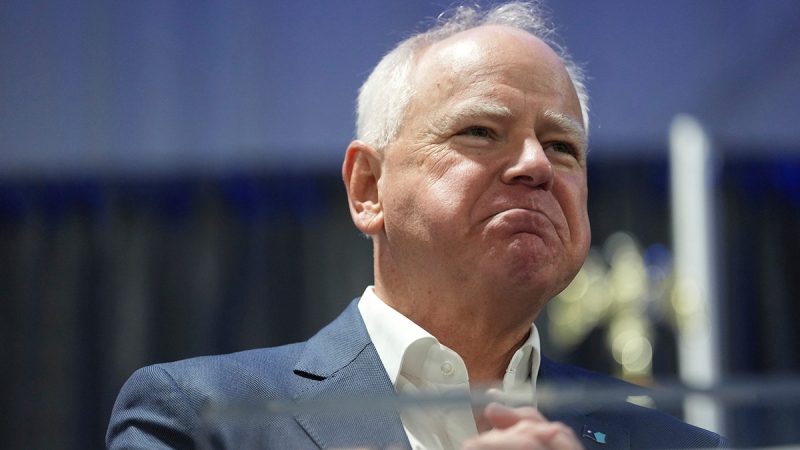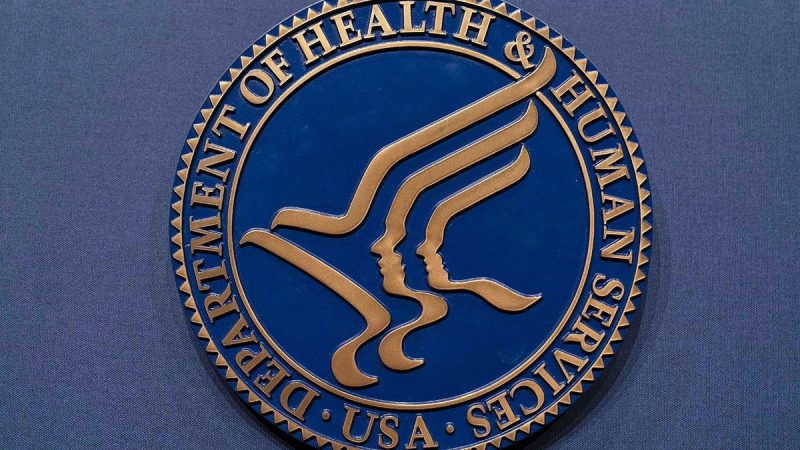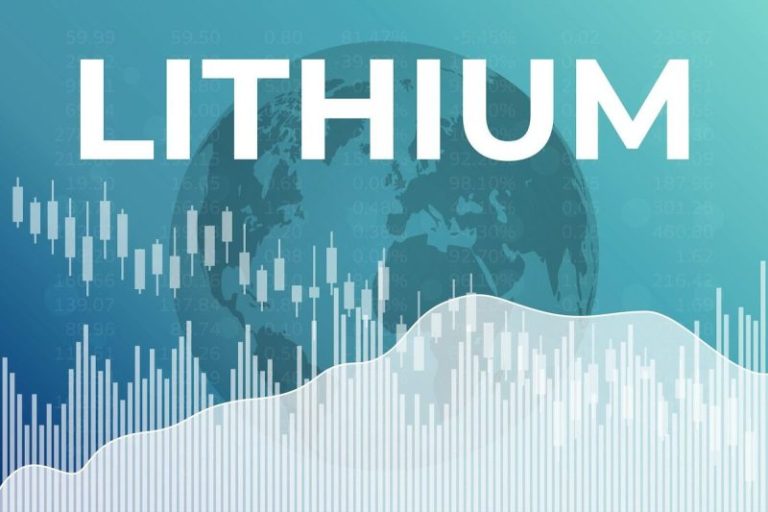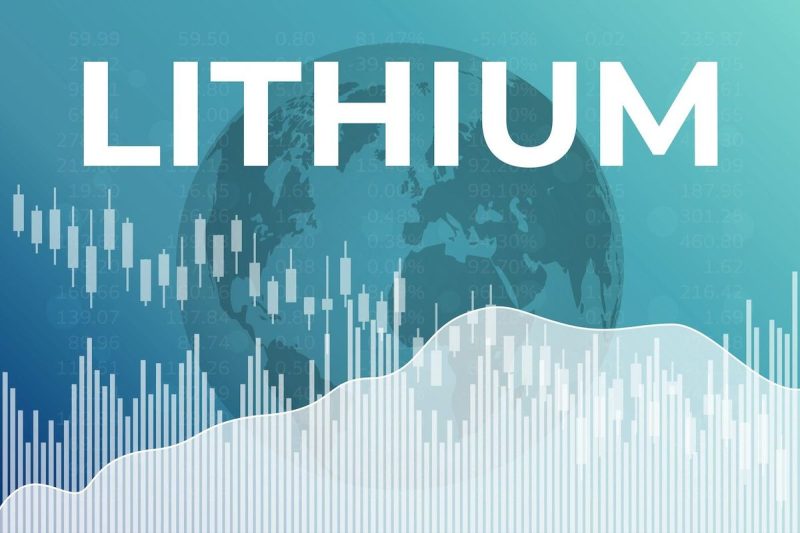
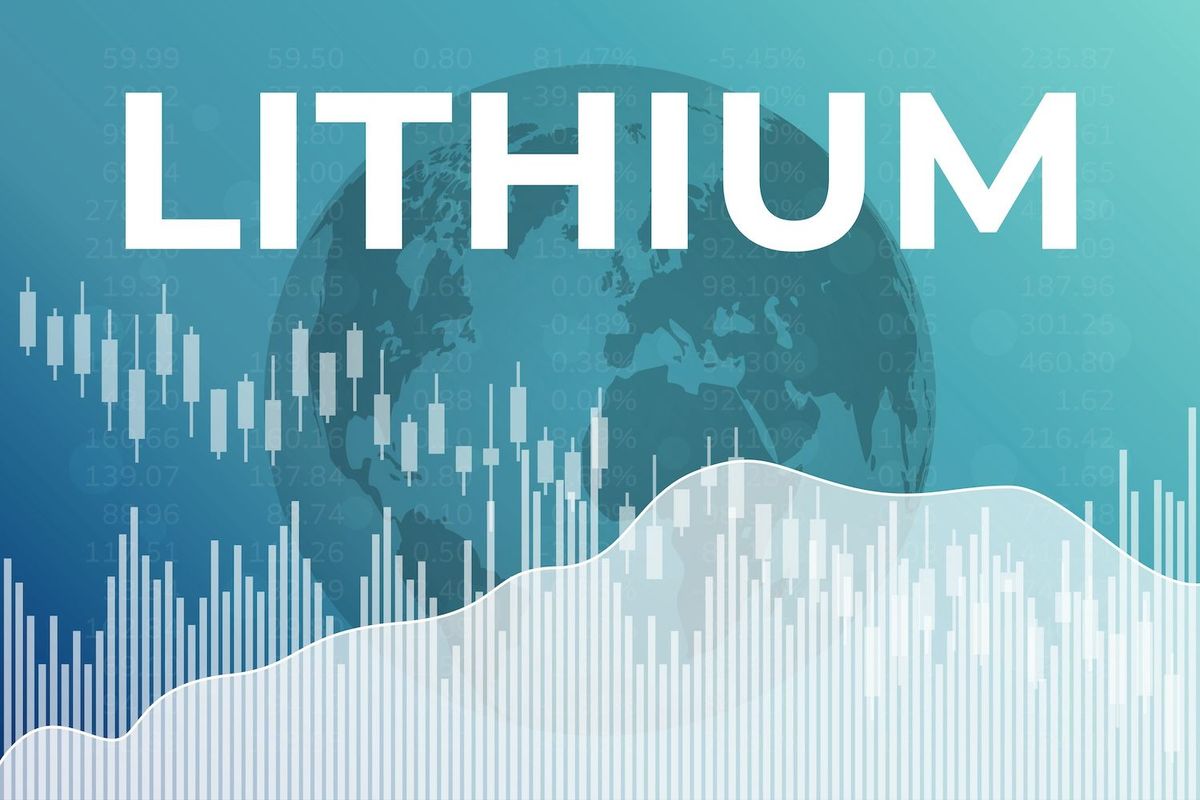
Sentiment for lithium prices and lithium stocks turned bullish in late 2025 as global demand surged, suggesting that a market surplus could tighten into a deficit sooner than previously expected.
Prices, which had soared through late 2022, faced volatility but rebounded in H2 on robust demand growth, inventory drawdowns and regulatory tightening.
Notably, Contemporary Amperex Technology (CATL) (SZSE:300750,HKEX:3750) halted operations at a major Chinese lithium mine, while Beijing introduced measures to prevent sales at unsustainably low prices.
The growing recognition of lithium as a critical mineral, alongside Western concerns over China’s dominance in supply chains, has strengthened the market outside of China, supporting prices and investment sentiment.
According to Benchmark Mineral Intelligence, global lithium demand in 2025 is projected to reach roughly 285,000 metric tons of lithium carbonate equivalent (LCE), up from 220,000 metric tons in 2024, driven largely by electric vehicle adoption and the rapid growth of battery energy storage systems.
Analysts anticipate continued price support as higher-cost producers exit, while demand from EVs, grid storage, and the energy transition catches up with supply constraints.
Against this backdrop, some lithium stocks are seeing share price gains. Below is a look at the lithium stocks in Canada, the US and Australia that performed the best in 2025, including updates on their news and activities.
This list of the top-gaining lithium companies is based on year-to-date as per TradingView’s stock screener. Data for all Canadian stocks, US and Australian stocks was gathered on December 30, 2025. Lithium stocks with market caps above $10 million in their respective currencies were considered.
Top Canadian lithium stocks
1. Stria Lithium (TSXV:SRA)
Year-to-date gain: 708.33 percent
Market cap: C$19.11 million
Share price: C$0.48
Stria Lithium is a Canadian exploration company focused on developing domestic lithium resources to support the growing demand for electric vehicles and lithium-ion batteries. The company’s flagship Pontax Central lithium project spans 36 square kilometers in the Eeyou Istchee James Bay region of Québec, Canada.
Cygnus Metals (TSXV:CYG,ASX:CY5,OTCQB:CYGGF) has an earn-in agreement with Stria to earn up to a 70 percent interest in Pontax Central. Cygnus completed the first stage in July 2023, acquiring a 51 percent interest by investing C$4 million in exploration and issuing over 9 million shares to Stria.
In May 2025, Stria and Cygnus agreed to extend the second stage of Cygnus’s earn-in agreement on the Pontax Central lithium project by 24 months. The second stage involves a further C$2 million in exploration spending and C$3 million in a cash payment.
Through its joint venture with Cygnus, Stria has outlined a JORC-compliant maiden inferred resource for Pontax Central of 10.1 million metric tons grading 1.04 percent lithium oxide.
In March, Stria closed a non-brokered private placement for C$650,000. The funds will be used in part for the evaluation of new mineral opportunities, according to the company.
Shares of Stria registered a year-to-date high of C$0.50 on December 30, 2025, coinciding with lithium carbonate prices rising to a near 24 month high.
2. Consolidated Lithium Metals (TSXV:CLM)
Year-to-date gain: 350 percent
Market cap: C$20.51 million
Share price: C$0.045
Consolidated Lithium Metals is focused on acquiring, developing and advancing lithium projects in Québec. Its properties — Vallée, Baillargé, Preissac-LaCorne and Duval — are located within the spodumene-rich La Corne Batholith area, near the restarted North American Lithium mine, a key area in Canada’s growing lithium sector.
Consolidated Lithium started the year with a C$300 million private placement earmarked for working capital and general corporate purposes.
In July, the company commenced a summer exploration program at the Preissac project, excavating a 100 by 30 meter trench in an area with a known lithium soil anomaly, uncovering an 18 meter wide pegmatite body at surface.
At the end of August, Consolidated Lithium signed a non-binding letter of intent with SOQUEM, a subsidiary of Investissement Québec, to acquire an option to earn up to an 80 percent interest in the Kwyjibo rare earths project.
The project is located roughly 125 kilometers northeast of Sept-Îles in Québec’s Côte-Nord region.
Under the deal, which was finalized in November, Consolidated Lithium will become operator of the project and can earn an initial 60 percent stake over five years through a combined C$23.15 million in cash payments, share issuances and project expenditures.
A significant portion of those funds will be invested in advancing Kwyjibo through stages including negotiating and finalizing an agreement with the Innu of Uashat mak Mani-Utenam, a metallurgical study and environmental permitting.
Upon completion, the partners will form a joint venture, and Consolidated will have the option to increase its interest to 80 percent by investing C$22 million over a further three years.
An uptick in lithium prices in October helped Consolidated shares rally to a year-to-date high of C$0.06 several times between October 22 and November 3.
3. Lithium South Development (TSXV:LIS)
Year-to-date gain: 330 percent
Market cap: C$48.76 million
Share price: C$0.43
Canada-based Lithium South Development currently owns 100 percent of the HMN lithium project in Argentina’s Salta and Catamarca provinces, situated in the heart of the lithium-rich Hombre Muerto Salar.
The project lies adjacent to South Korean company POSCO Holdings (NYSE:PKX,KRX:005490) billion-dollar lithium development to the east.
Exploration has defined a resource of 1.58 million metric tons of lithium carbonate equivalent (LCE) at an average grade of 736 milligrams per liter lithium, with the majority in the measured category. A preliminary economic assessment outlines the potential for a 15,600 metric ton per year lithium carbonate operation.
In January 2024, Lithium South and POSCO signed an agreement to jointly develop the HMN lithium project. Under the deal, the companies will share production 50/50 from the Norma Edith and Viamonte blocks in Salta and Catamarca, resolving overlapping claims.
As for 2025, in June Lithium South’s shares tripled to C$0.30 after it received positive news regarding its environmental impact assessment.
Lithium South shared a huge update in July that changed its trajectory; the company received a non-binding cash offer of US$62 million from POSCO to purchase its lithium portfolio, including the HMN project.
POSCO would acquire Lithium South’s wholly owned subsidiary NRG Metals Argentina, which holds the HMN project and all of Lithium South’s other concessions, namely the Sophia I–III and Hydra X–XI claims.
The 60 day due diligence period concluded in late September, and on November 12, Lithium South announced a share purchase agreement to sell its Argentinian lithium portfolio to POSCO Argentina for US$65 million.
Company shares climbed to C$0.44 the next day, while its highest close of the year, C$0.45, came on December 24.
Lithium South officially signed the deal on December 8, with its closing subject to several approvals. Following the transaction’s completion, Lithium South plans to de-list from the TSXV and begin dissolution proceedings.
In connection with the news, the company intends to buy back all common shares at a price of C$0.505.
1. Lithium Argentina (NYSE:LAR)
Year-to-date gain: 106.39 percent
Market cap: US$891.03 million
Share price: US$5.49
Lithium Argentina produces lithium carbonate from its Caucharí-Olaroz brine project in Argentina, developed with Ganfeng Lithium (OTC Pink:GNENF,HKEX:1772). The company was spun out from Lithium Americas in October 2023 and changed its name from Lithium Americas (Argentina) in January 2025.
In mid-April, Lithium Argentina executed a letter of intent with Ganfeng Lithium to jointly advance development across the Pozuelos-Pastos Grandes basins.
In August, Lithium Argentina agreed to form a new joint venture with Ganfeng Lithium that will combine the companies’ projects in the Pozuelos and Pastos Grandes basins of Salta, Argentina.
The joint venture will bring together Ganfeng’s wholly owned Pozuelos-Pastos Grandes (PPG) project and Lithium America’s Pastos Grandes and Sal de la Puna projects, in which Ganfeng currently holds a 15 percent and 35 percent stake respectively.
Once completed, Ganfeng will hold a 67 percent stake in the consolidated PPG project, and Lithium Argentina will hold a 33 percent interest.
In Q4, Lithium Argentina released a positive scoping study for the PPG project, confirming its scale and strong economics. The consolidated project hosts a measured and indicated resource of 15.1 million metric tons of lithium carbonate equivalent (LCE) and is designed for staged production of up to 150,000 metric tons per year over a 30 year mine life.
In the same announcement, the company confirmed receipt of an environmental approval for Stage 1 from the Secretariat of Mining and Energy of the Province of Salta.
Lithium Argentina released its Q3 results in November, noting approximately 8,300 metric tons of lithium carbonate production at its Caucharí-Olaroz operation during the quarter, with 24,000 metric tons produced between January and September.
Company shares rose to a year-to-date high of US$5.58 on December 31, in line with rising lithium carbonate prices.
2. Sociedad Química y Minera (NYSE:SQM)
Year-to-date gain: 87.39 percent
Market cap: US$19.66 billion
Share price: US$68.98
SQM is a major global lithium producer, with operations centered in Chile’s Salar de Atacama. The company extracts lithium from brine and produces lithium carbonate and hydroxide for use in batteries.
SQM is expanding production and holds interests in projects in Australia and China, including a 50/50 joint venture for the Mt Holland lithium operation in Western Australia. In July, the company produced its first battery-grade lithium hydroxide production at its Kwinana refinery in the state.
In late April, Chile’s competition watchdog approved the partnership agreement between SQM and state-owned copper giant Codelco aimed at boosting output at the Atacama salt flat. The deal, first announced in 2024, reached another milestone when it secured approval for an additional lithium quota from Chile’s nuclear energy regulator CChEN.
SQM ended the year finalizing the agreement. The partnership was formalized through SQM’s subsidiary SQM Salar absorbing Codelco’s Minera Tarar and being renamed Nova Andino Litio.
SQM reported a net income of US$404.4 million for the first nine months of 2025, rebounding from a US$524.5 million loss in the same period of 2024. Revenue totaled US$3.25 billion, down 5.9 percent year-over-year, while gross profit reached US$904.1 million.
The company’s third-quarter performance highlighted the turnaround, as SQM achieved record lithium sales volumes. It reported net income of US$178.4 million, up 36 percent from Q3 2024, and revenue of US$1.17 billion, up 8.9 percent. Gross profit for the quarter climbed 23 percent to US$345.8 million.
SQM attributed the rebound to higher realized lithium prices and improved operational efficiency, signaling a strong recovery trajectory for the remainder of 2025.
Shares of SQM reached a year-to-date high of US$71.63 on December 26.
3. Albemarle (NYSE:ALB)
Year-to-date gain: 64.29 percent
Market cap: US$16.71 billion
Share price: US$142.01
North Carolina-based Albemarle is dividing into two primary business units, one of which — the Albemarle Energy Storage unit — is focused wholly on the lithium-ion battery and energy transition markets. It includes the firm’s lithium carbonate, hydroxide and metal production.
Albemarle has a broad portfolio of lithium mines and facilities, with extraction in Chile, Australia and the US. Looking first at Chile, Albemarle produces lithium carbonate at its La Negra lithium conversion plants, which process brine from the Salar de Atacama, the country’s largest salt flat. Albemarle is aiming to implement direct lithium extraction technology at the salt flat to reduce water usage.
Albemarle’s Australian assets Wodgina hard-rock lithium mine in Western Australia, which is owned and operated by the 50/50 MARBL joint venture with Mineral Resources (ASX:MIN,OTC Pink:MALRF). Albemarle wholly owns the on-site Kemerton lithium hydroxide facility. The company’s other Australian joint venture is the Greenbushes hard-rock mine, in which it holds a 49 percent interest.
In late October, Albemarle signed an agreement to sell its 51 percent stake in its refining catalyst business, Ketjen, leaving it with 49 percent ownership, part of a broader portfolio reshaping that also includes the sale of Ketjen’s 50 percent stake in the Eurecat joint venture to partner Axens.
The combined deals are expected to generate approximately US$660 million in pre-tax cash proceeds and strengthen Albemarle’s financial flexibility. Both transactions are anticipated to close in the first half of 2026, subject to regulatory approvals.
In November, Albemarle reported third‑quarter results that reflected improved operations amid continued lithium market headwinds. The company logged net sales of roughly US$1.31 billion, a slight year‑over‑year decline driven by lower energy storage pricing.
Albemarle generated US$356 million in quarterly cash from operations, noting the company remained on track to reduce full‑year capital expenditures to around US$600 million while targeting positive free cash flow of US$300 million to US$400 million in 2025.
Shares of Albemarle marked a year-to-date high of US$150.01 on December 26, amid strengthening lithium prices.
Top Australian lithium stocks
1. Argosy Minerals (ASX:AGY)
Year-to-date gain: 310.71 percent
Market cap: AU$169.78 million
Share price: AU$0.115
Argosy Minerals is currently focused on advancing its Rincon lithium project in Salta Province, Argentina. The company also owns the Tonopah lithium project located in Nevada, US.
The Rincon project spans 2,794 hectares within the Lithium Triangle. Argosy currently holds a 77.5 percent interest in Rincon, with plans to increase to 90 percent through its earn-in agreement.
It entered production of battery-grade lithium carbonate in 2024 at Rincon’s 2,000 tonne per year demonstration facility, but has since suspended operations due to the low lithium price environment. The company continues to advance feasibility for its 12,000 tonne per year expansion.
The project currently holds a JORC total mineral resource estimate of 731,801 tonnes of lithium carbonate.
On June 27, the company announced a lithium carbonate spot sales contract with a Hong Kong-based chemical company for 60 tonnes of 99.5 percent lithium carbonate.
A few weeks later, Argosy announced that detailed engineering and feasibility works were underway to develop a 7 kilometre electric transmission line able to supply up to 40 megawatts of energy to Rincon.
In late October, Argosy released its Q3 results highlighting advanced development of its Rincon lithium project. The period saw progression in engineering and feasibility work towards its 12,000-tonne-per-year operation at Rincon being construction-ready.
During the 90 day session, the company also completed a AU$2 million placement to strengthen its balance sheet.
Argosy ended the period with cash reserves of about AU$4.6 million as of September 30, and said its development strategy continues to be supported by forecasted growth in global lithium demand.
In mid-November, Argosy signed another spot sales agreement, this time with China’s Chengdu Chemphys Chemical Industry for the sale of 16.1 tonnes of lithium carbonate produced at Rincon.
Shares of Argosy reached a 2025 high AU$0.125 on December 23, as lithium prices continued to trend higher.
2. European Lithium (ASX:EUR)
Year-to-date gain: 269.05 percent
Market cap: AU$274.7 million
Share price: AU$0.155
European Lithium is an Australia-based lithium exploration and development company. The company also holds several earlier-stage lithium exploration projects across Austria and a 100 percent interest in the Leinster lithium project in Ireland. European Lithium is also pursuing 20 year special permits for the extraction and production of lithium at the Shevchenkivske project and Dobra project in Ukraine.
In addition, European Lithium owns a significant equity stake in Critical Metals (NASDAQ:CRML), which it spun out in 2024 to operate the Wolfsberg lithium project in Austria.
Wolfsberg benefits from established road and rail infrastructure and is supported by a mining license and a broad package of exploration permits. Critical Metals has since acquired a stake in the Tanbreez rare earth project in Greenland, giving European Lithium exposure to both lithium and rare earth development in Europe.
The company sold portions of its holding in Critical Metals during 2025 to raise funds as Critical Metals’ share price rose.
In July, European Lithium raised a combined AU$5.2 million through the sale of 1 million shares, and in early October it raised a further AU$31.75 million by selling 3 million shares to a US institutional investor.
Shares of European Lithium rose to a year-to-date high of AU$0.465 on October 14. The rally coincided with European Lithium’s sale of 3.85 million Critical Metals shares in an off-market placement to a single US institutional investor at US$13 per share, raising about AU$76 million in net proceeds. Days later, it sold another 3.03 million for AU$76 million.
Following the last sale in October, the company still held 53 million shares of Critical Metals.
At the end of October, the company reported an active third quarter marked by portfolio funding, exploration progress and project development. Exploration advanced at European Lithium’s Irish lithium assets, and planning work was completed on the energy supply corridor for the Wolfsberg lithium project in Austria.
3. Global Lithium (ASX:GL1)
Year-to-date gain: 244.44 percent
Market cap: AU$167.51 million
Share price: AU$0.62
Global Lithium Resources is a lithium exploration company with multiple assets in Western Australia, including the 100 percent owned Manna lithium project in the Goldfields region and the Marble Bar lithium project in the Pilbara region.
Together, these projects host a combined indicated and inferred mineral resource of 69.6 million tonnes of ore at a grade of 1.0 percent lithium oxide, with Manna alone holding 19.4 million tonnes at 0.91 percent Li2O in ore reserves.
In an effort to focus on its core lithium projects, Global Lithium launched an initial public offering to spin out its Marble Bar gold assets into a separate company, MB Gold, in October. Global Lithium will retain the rights to the lithium tenements at Marble Bar.
The same month, Global Lithium released its Q3 results, highlighting advanced permitting and development work across its Western Australian portfolio.
Additionally, the company secured a Native Title Mining Agreement with the Kakarra Part B group and was granted a mining lease for its flagship Manna lithium project, while continuing definitive feasibility study (DFS) work aimed at improving project economics.
At Marble Bar, drilling results were released from a co-funded exploration program. Corporate activity included the sale of its investment in Kairos Minerals (ASX: KAI,OTC Pink:KAIFF) leaving Global Lithium with a cash position of AU$21 million at quarter end.
The DFS for the Manna project was completed in December, which Global Lithium said confirmed it as a long-life, economically robust development. The DFS outlines a post-tax net present value of AU$472 million and an internal rate of return of 25.7 percent, supported by competitive costs, a 14 year mine life and recently secured permitting milestones, positioning the project for a future investment decision.
Global Lithium ended the year by signing a non-binding memorandum of understanding with the Southern Ports Authority to assess export options for spodumene concentrate from the Manna lithium project. The agreement focuses on the potential shipment of up to 240,000 tonnes per year through the Port of Esperance.
Global Lithium shares reached a 2025 high of AU$0.69 on December 28.
FAQs for investing in lithium
How much lithium is on Earth?
While we don’t know how much total lithium is on Earth, the US Geological Survey estimates that global reserves of lithium stand at 22 billion metric tons. Of that, 9.2 billion MT are located in Chile, and 5.7 billion MT are in Australia.
Where is lithium mined?
Lithium is mined throughout the world, but the two countries that produce the most are Australia and Chile. Australia’s lithium comes from primarily hard-rock deposits, while Chile’s comes from lithium brines. Chile is part of the Lithium Triangle alongside Argentina and Bolivia, although those two countries have a lower annual output.
Rounding out the top five lithium-producing countries behind Australia and Chile are China, Argentina and Brazil.
What is lithium used for?
Lithium has many uses, including the lithium-ion batteries that power electric vehicles, smartphones and other tech, as well as pharmaceuticals, ceramics, grease, lubricants and heat-resistant glass. Still, it is largely the electric vehicle industry that is boosting demand.
How to invest in lithium?
Those looking to get into the lithium market have many options when it comes to how to invest in lithium.
Lithium stocks like those mentioned above could be a good option for investors interested in the space. If you’re looking to diversify instead of focusing on one stock, there is the Global X Lithium & Battery Tech ETF (NYSE:LIT), an exchange-traded fund (ETF) focused on the metal. Experienced investors can also look at lithium futures.
Unlike many commodities, investors cannot physically hold lithium due to its dangerous properties.
How to buy lithium stocks?
Through the use of a broker or an investing service such as an app, investors can purchase lithium stocks and ETFs that match their investing outlook.
Before buying a lithium stock, potential investors should take time to research the companies they’re considering; they should also decide how many shares will be purchased, and what price they are willing to pay. With many options on the market, it’s critical to complete due diligence before making any investment decisions.
It’s also important for investors to keep their goals in mind when choosing their investing method. There are many factors to consider when choosing a broker, as well as when looking at investing apps — a few of these include the broker or app’s reputation, their fee structure and investment style.
Securities Disclosure: I, Georgia Williams, hold no direct investment interest in any company mentioned in this article.
This post appeared first on investingnews.com
